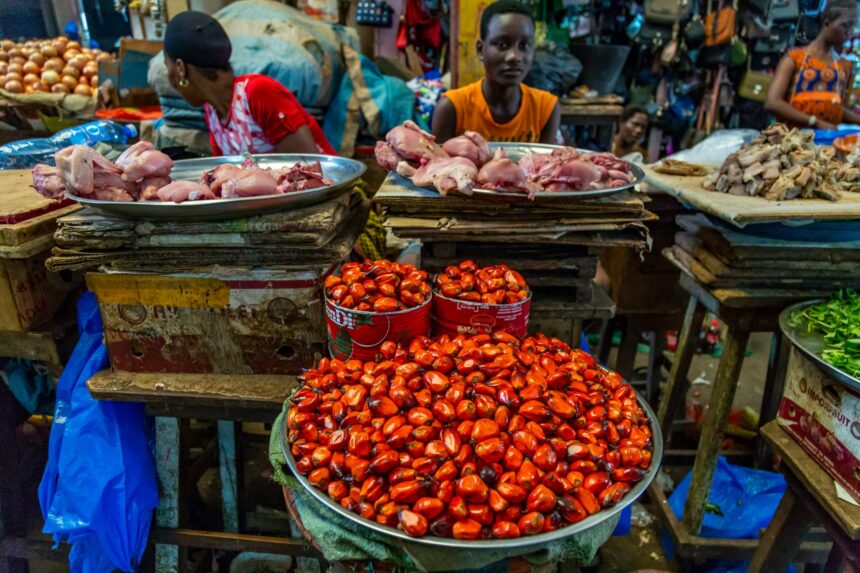Nigeria’s palm oil industry is set to receive a major boost as Akwa Ibom State announces a groundbreaking investment of ₦31 billion ($20.2 million) in oil palm development starting in 2026.
Governor Umo Eno unveiled the ambitious initiative, aimed at revitalizing local production, expanding cultivation, and solidifying the state’s position in the palm oil value chain. This strategic plan is expected to position Akwa Ibom as a key player in Nigeria’s agricultural and industrial transformation efforts.
Under this program, each of the state’s 31 local government areas will receive ₦1 billion (US$653,296), with additional funds allocated to the Ministry of Humanitarian Affairs for effective implementation. The funds will support initiatives such as distributing high-yield seedlings, expanding plantation acreage, and providing training through agricultural extension officers.
Governor Eno emphasized that this plan aligns with the National Palm Oil Development Strategy, launched in 2025 by the Oil Palm Growers Association of Nigeria (OPGAN). The strategy aims to replant 1.5 million hectares of oil palm across 27 states by 2030, with the ultimate goal of restoring Nigeria’s former dominance in the global palm oil market.
Despite Nigeria being the top consumer of palm oil in Africa, the country still imports approximately 25% of its palm oil needs, amounting to nearly 500,000 metric tons annually, due to low domestic output. Akwa Ibom’s intervention is expected to reduce this deficit, create rural employment opportunities, and stimulate economic growth in the Niger Delta region.
In addition to the financial commitment, the state plans to establish a Palm Oil Council to oversee marketing, aggregation, and value chain development. This move is anticipated to attract private investment and enhance competitiveness on both local and international fronts.
The timing of this initiative is crucial, as there is a growing global demand for sustainable and traceable palm oil. With Malaysia and Indonesia currently dominating the supply, Nigeria could leverage increased production to explore export opportunities, especially within the African Continental Free Trade Agreement (AfCFTA).
To support this initiative, the state has taken direct control of key plantations, including the Dakkada Global Oil Palm Limited, which is being revitalized as a model for modern large-scale cultivation.
Governor Eno emphasized that the ₦31 billion investment goes beyond just an agricultural project—it is a significant step towards transforming Akwa Ibom into a hub for palm oil production, reducing import dependency, empowering farmers, creating employment opportunities, and contributing to Nigeria’s broader economic diversification.
Got a Story to Tell?
Share your journey with TechInAfrica and connect with thousands of African founders, investors, venture capitalists, tech leaders, and industry decision-makers. Whether you’re building the next big thing or reshaping the future of tech in Africa, we’ll help you get your story in front of the people who matter.
Get Featured








